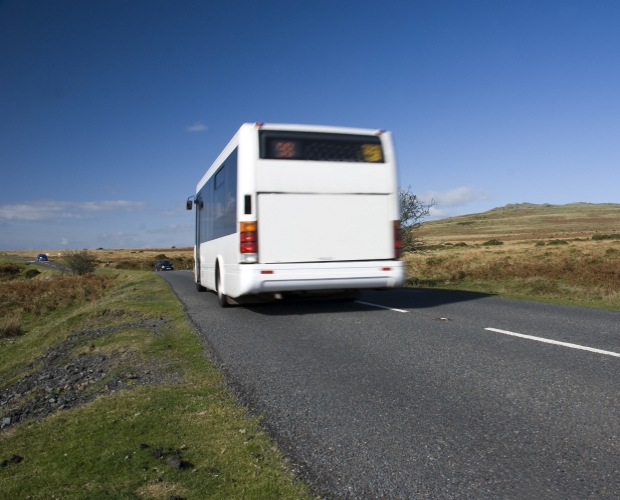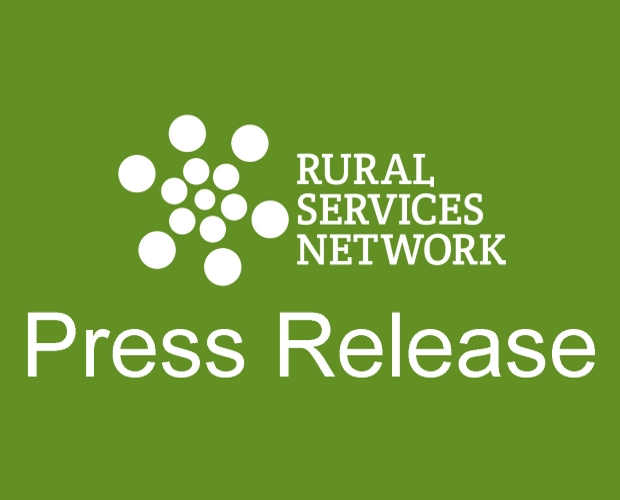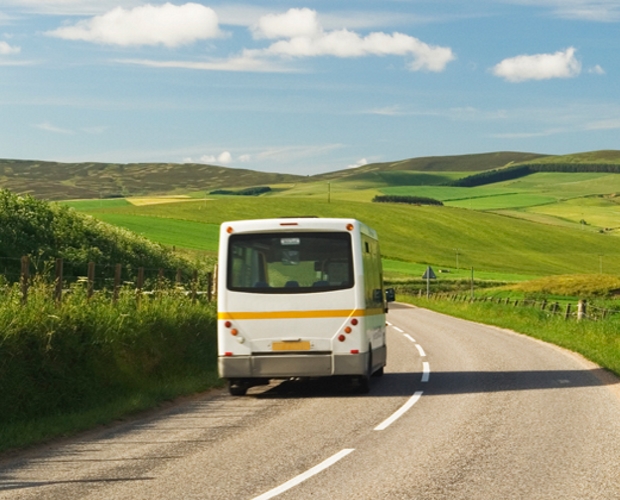T: 01822 851370 E: [email protected]
RSN Voices Serious Concerns Over ‘Fairness’ Of Settlement
Read here...
BBC reports that the price of diesel at UK pumps has gone above £1.90 for the first time in nearly three months The amount motorists pay has fallen significantly from the record highs seen at the start of July, but...
The BBC has reported that Cambridgeshire's mayor has called a bus company's plans to axe 18 routes as "unacceptable" According to data seen by the BBC, the routes, which are run by Stagecoach East, carried almost 90,000 passengers in June...
A new report by Rural Services Network shows rural areas face ‘dual energy vulnerability’ of higher household and transport energy poverty, and lower wages The research found that homes in rural areas tend to be less energy...
The Buxton Advertiser reports that the 358 service, which runs from Hayfield to Stockport, via New Mills and Marple, was in danger of being lost as part of a major revamp of services, as government funding given to bus companies...
The Chronicle reports that North East leaders have pleaded with the Government to act now to save bus passengers from being hit with yet more devastating cuts Ministers have been warned that they must offer to extend emergency cash support...
The Yorkshire post reports on the rising cost of living that is deeply affecting rural communities, with rising fuel prices and a lack of public transport, particularly affecting those in remote areas With government support for energy bills focussed on...
Oxford Mail reports the government has awarded £12.7million of funding to Oxfordshire County Council for improvements to its bus services The funding will support cheaper fares for under-19s, new rural services, bus priority measures and proposed traffic filters to reduce...
Somerset Live reports that a vital bus route in Somerset has been saved following a successful campaign by local councillors FirstBus operates the 173 services between Wells and Bath, which serves the villages of South Horrington, West Horrington, Binegar, Gurney...
Bus Users UK is calling on operators, local authorities, passenger groups, community transport providers and passengers to get on board for ‘Catch the Bus Month’ this September. This is the first year the charity has hosted the campaign since Greener...
Grant Shapps, the Transport Secretary, has announced funding for the TransPennine Route Upgrades has trebled from £2.9billion to £9billion The TransPennine Route upgrades and Northern PowerHouse Rail, is due to cut journey times by 40% and reduce carbon emissions by...
NEWSLETTER
Sign up to receive all our latest news and updates.
HOT TOPICS
Amid reduced public spending, fair resource allocation across regions is crucial. Despite a population larger than Greater London, rural areas receive significantly less funding for essential services, even though delivering these services in rural areas is more expensive.
Economic growth is widely acknowledged as essential for national wealth and prosperity and is a priority for political parties. Rural economies, employing millions and home to a higher proportion of small businesses, have potential for growth if barriers are removed.
Rural residents face distinct healthcare challenges, including limited access to transport, longer distances to medical facilities, an aging demographic, housing inadequacies, digital connectivity gaps, and difficulties recruiting health and care workers.
Rural communities are grappling with a severe affordable housing crisis, marked by high house prices, a lack of affordable housing, elevated living costs, and lower incomes, threatening their sustainability and vitality.
Transport is vital for the quality of life and economic health of rural areas, yet it faces challenges such as infrequent public bus services and less Government funding compared to urban regions.
Rural areas, encompassing a substantial portion of England's population and land, play a pivotal role in combating climate change and achieving the net zero target.
In an increasingly digital world, the lack of robust digital infrastructure in rural areas severely limits access to crucial services and stifles economic growth.
A future-focused vision for rural communities involves not just building the right homes in the right places but also ensuring thriving, sustainable communities.
SIGN UP TO OUR NEWSLETTER
Sign up to our newsletter to receive all the latest news and updates.










